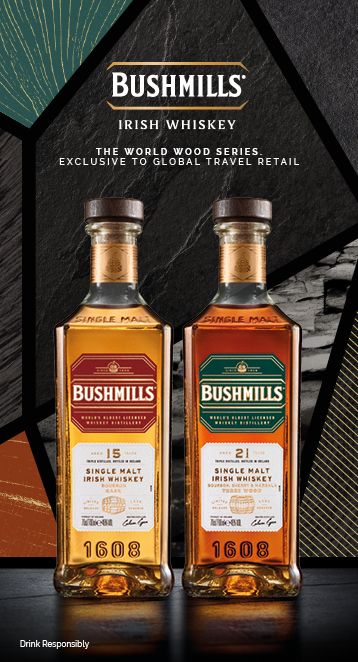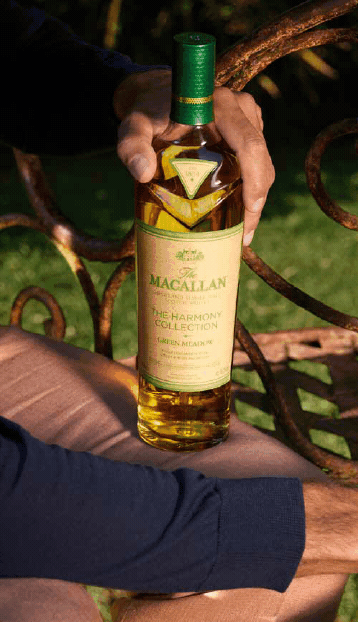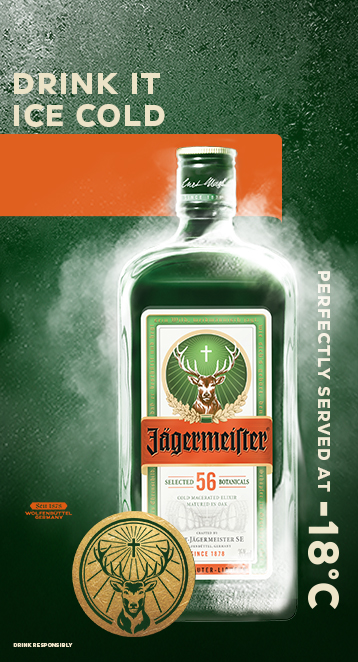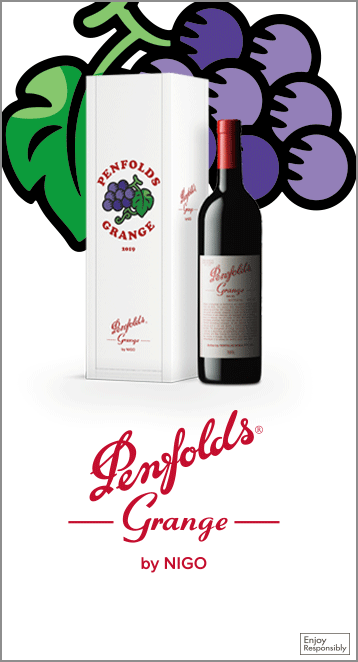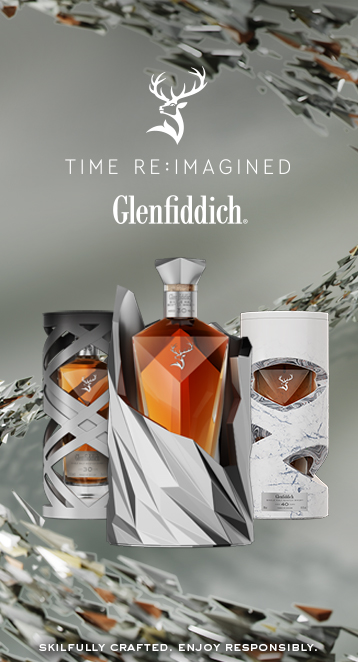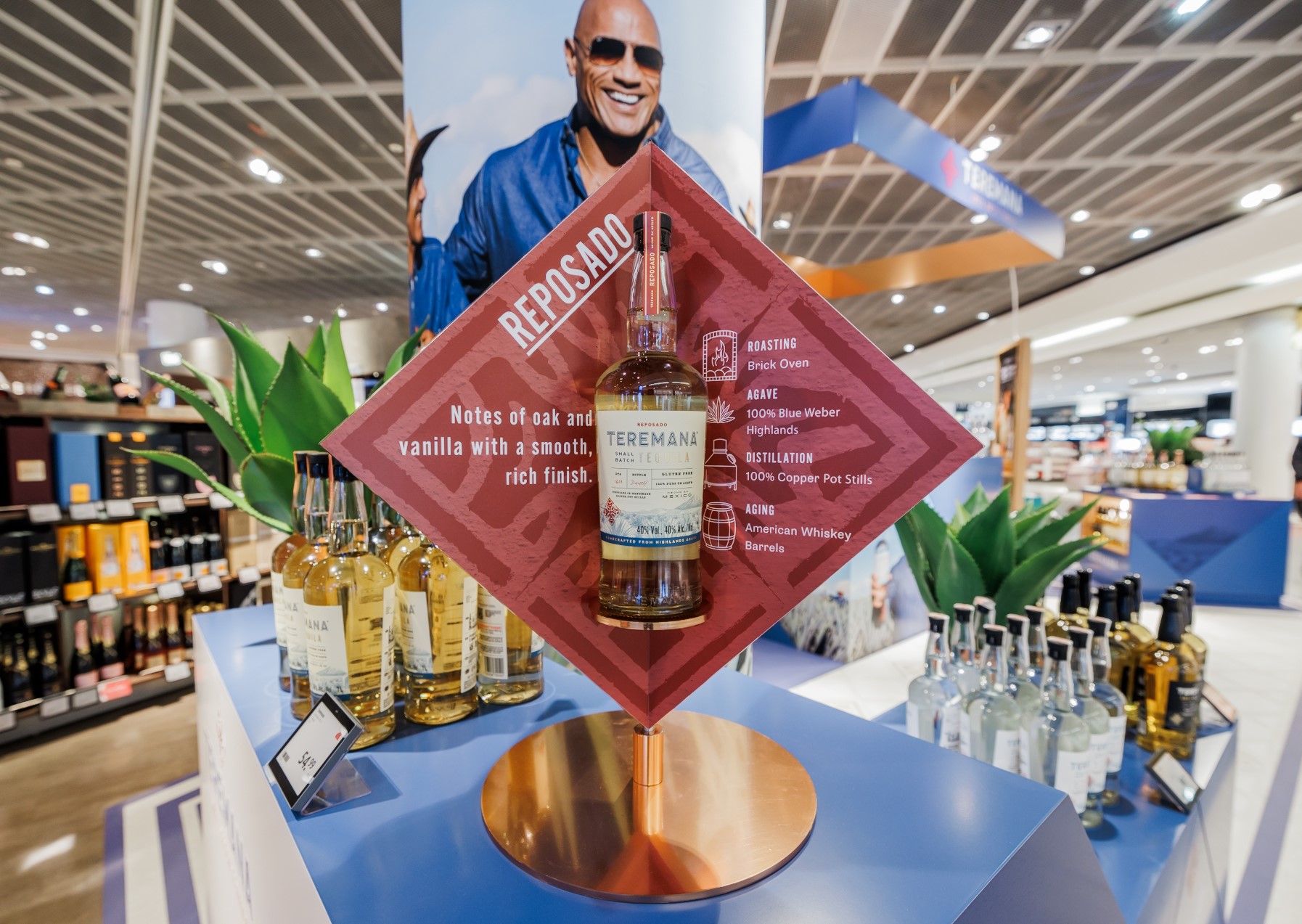Will DFS retain contract on amended terms? There is history in long-term incumbent DFS Group’s decision not to take up a previously agreed contract extension. In the past DFS has withdrawn from Changi extensions due to profitability concerns, subsequently rebidding at lower amounts. Sometimes that strategy has paid off, sometimes not. In 1991, the company declined to take up its two-year liquor & tobacco contract extension in T1, rebidding instead at a lower price and winning. A similar strategy paid off at T2. In 1997, however, DFS chose not to take up a two-year extension on its T1 perfumes & cosmetics contract after a very poor 1996. It rebid at a lower amount but was topped by Weitnauer (now Dufry) Singapore, which offered just US$10,000 more than DFS over the whole contract term. For both landlord and retailer, though, it’s not just about the money. Changi has been an enduring stronghold for DFS, and an outstanding showcase for its merchandising abilities. Changi Airport is widely regarded as the world’s best airport spirits and wine offer [DFS Changi is a consistent winner of our annual Dreamstore sector ranking]. Changi Airport Group prides itself on consumer service, image, exclusive offerings and ‘Changi firsts’. DFS delivers strongly on all fronts. DFS is also a much-trusted partner. A new retailer involves uncertainty. How will Changi Airport Group weigh the financial offer v the qualitative proposition? After having agreed (and jointly announced) a two-year extension of its concession last December 2018, DFS subsequently chose not to take up that extension under the prescribed terms. Its decision was driven partly by a Singapore government reduction in the duty free alcohol allowance for returning travellers, from three to two litres, effective 1 April 2019, which has severely impacted the arrivals duty free business. Stricter tobacco policies have also made selling this category more challenging. The country recently introduced stringent new rules on the sale of tobacco, underpinned by the introduction of an updated Tobacco (Control of Advertisements and Sale) Act last year. This provides for graphic health warnings on packs and ultimately plain packaging, among other measures. There is no duty free allowance or Goods and Services Tax (GST) relief for cigarettes and tobacco products brought into Singapore, including in arrivals. Subject to that contract extension, announcement DFS will have recalculated its capex and rental commitments. In simple terms the message from on high must have been, “We can’t afford it”. It’s not quite a re-run of Hong Kong International Airport in 2016 when DFS did not take up its three-year extension but there are many similarities. In that case DFS only chose to rebid on beauty & accessories (declining the liquor & tobacco opportunity) but was defeated by The Shilla Duty Free. As with Airport Authority Hong Kong on that occasion, Changi Airport Group has to ‘sell’ a reward opportunity that clearly carries commensurate financial exposure. Risk versus reward. The classic tale of airport tendering. |
SINGAPORE. Some of travel retail’s biggest names are weighing up whether to submit bids for the Changi Airport liquor & tobacco concession, for which the open tender closes on 26 August. The new contract will run from 9 June 2020 to 8 June 2026.
“Everyone’s watching this one. It has industry repercussions way beyond Changi.”
Incumbent DFS Group (which has held the contract since 1980), plus Heinemann, Dufry, Lotte Duty Free, The Shilla Duty Free, Lagardère Travel Retail, China Duty Free Group (CDFG), King Power Group (Hong Kong), King Power International (the completely separate Thai travel retailer) and (surprisingly) Baltic ferry operator Tallink are understood to have been among the interested parties following a formal pre-bid meeting and other discussions.
However, some of those parties have told The Moodie Davitt Report that they are concerned about the financial risks and will likely not bid.
As reported, bidding was due to close on 5 August but Changi Airport Group (CAG) extended the deadline, telling The Moodie Davitt Report: “Changi Airport Group has received strong interest for its recently launched duty free liquor & tobacco concession. To give participating tenderers more time to put together a robust and compelling proposal, we have moved the closing date for the tender to 26 August 2019. This extension also gives tenderers more time to seek clarification regarding recently announced changes to Singapore’s policies on the sale of tobacco products (see panel).”
High turnover, high image, high risks
At stake is a business that The Moodie Davitt Report estimates generated around S$590 million (US$430 million) in sales last year, around US$400 million of that in departures, the balance from arrivals duty free. For tobacco, the entire business was in departures. Spirits represented around 61% of departures sales, wines & Champagne about 7% and tobacco about 32%. In arrivals, spirits accounted for about 74%, the balance coming from wines & Champagne.
A grand prize then in one of the world’s most illustrious airports and one that consistently ranks best-in-class for its wines & spirits (especially) and tobacco offer. But in travel retail, grand prizes don’t come cheap and that’s certainly the case here. It’s not simply about the concession fee, but also a S$28 million (US$20.5 million) initial deposit (and related bank guarantees) and heavy capital expenditure commitments over the contract term.
On top of a monthly basic rental, bidders must table a ‘Base Offer’ for ‘Monthly Additional Rental’. This varies by category as follows:
- Spirits: No less than 46%
- Wines and Champagnes: No less than 35%
- Tobacco: No less than 40%
The retailer must pay either those amounts OR
- A minimum monthly guarantee per passenger of S$4.15 (US$3.04) based on total traffic movements for terminals 1, 2, 3 and 4 for the relevant month.
In short, the successful bidder will pay the higher of the two calculations above in the form of Monthly Additional Rental. The concessionaire will declare each month’s sales directly to CAG.
Tenderers must propose a step-up in Monthly Additional Rental for each year of the concession.
Alternative offers, Korean ambitions and industry repercussions
Provided they table the compulsory Base Offer, bidders can make ‘Alternative Offers’. These can propose variations to any aspect of CAG’s requirements in areas such as product range and store design.
Changi Airport Group will undoubtedly attract a strong field of contestants, but not necessarily including all the bidders it would like
So, what will happen? While some among the field of interested parties have become gun shy, others – notably the Korean duo of Lotte and Shilla – will want this prize badly. Both see international expansion as a priority. Lotte, profitable at home but facing increasing competitive pressure and highly exposed to any Chinese customer downturn, can now call on its international liquor & tobacco experience with late 2018 acquisition JR/Duty Free (as well as in Guam and Vietnam).
Shilla has similar strategic motivation, and this contract could be seen as an insurance policy in the event of the company losing its recently extended Changi perfumes & cosmetics contract when that goes to bid. DFS seems sure to bid on liquor & tobacco, albeit on revised terms (see panel) while Changi Airport Group will be hoping that others, especially China Duty Free Group, enter the race. That is far from a given. Changi Airport Group will undoubtedly attract a strong field of contestants, but not necessarily including all the bidders it would like. Of those which do bid, however, some may go all-out for victory for strategic as much as commercial reasons.
“Several bidders are likely to offer well above the 46% [spirits] variable minimum, which is not high,” noted one observer close to the process. “CAG just put it there as a threshold – as a starting point. Like an auction when buying a house. Operators will bid well above this.”

That would mean if a retailer projected total sales of S$600 million (US$440 million) a year, they must offer a Monthly Additional Rental of 46% (or higher) on that amount. On S$400 million (US$293 million) in yearly spirits sales, a Monthly Additional Rental of, say, 49%, would work out at S$196 million (US$144 million) annually.
“If your sales go through the roof, CAG will be happy about that, because you’re on the percentage,” said another retailer. “But if your sales drop to, say, half a million dollars and you’re offering 35% on a projection of million dollars, your rent becomes 70%.”
Another source commented: “From the airport’s perspective, they would dearly like to have the operator offering as high on the S$ minimum as possible because this is more secured – they will get this irrespective of whether the operator is doing a bad job or doing renovations or starting up business. They will get this rent even if the doors are closed.
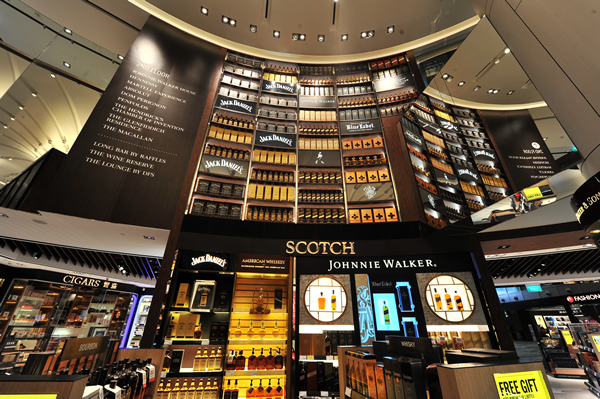
“The percentage of sales gives the airport an upside potential so that if the operator ‘super exceeds’ expectations, and sales go through the roof, this percentage of sales will generate more rent than the S$ per pax component. The ‘whichever is higher’ element benefits the airport.
“If the document specified S$4.15 as the minimum per pax to be bid, I would expect the bidders will propose a higher S$ per pax to try to win. Indeed, the airport would want that. It’s the same for percentage of sales minimum specified – if the document states a 46% monthly guarantee for spirits, I would expect that some operators will bid a higher % figure in order to win.”
The result is shaping up as one of the most important in the history of airport retail contracts. “Everyone’s watching this one,” said one source. “It has industry repercussions way beyond Changi.”

NOTE: The Moodie Davitt Report is the industry’s most popular channel for launching commercial proposals and for publishing the results. If you wish to promote an Expression of Interest, Request for Proposals or full tender process for any sector of airport revenues, simply e-mail Martin Moodie at Martin@MoodieDavittReport.com.
We have a variety of options that will ensure you reach the widest, most high-quality concessionaire/retailer/operator base in the industry – globally and immediately.
Similarly The Moodie Davitt Report is the only international business intelligence service and industry media to cover all airport consumer services, revenue generating and otherwise. We embrace all airport non-aeronautical revenues, including duty free and other retail, food & beverage, property, passenger lounges, car parking, hotels, hospital and other medical facilities, the Internet, advertising and related revenue streams.
Please send relevant material, including images, to Martin Moodie at Martin@MoodieDavittReport.com for instant, quality global coverage.
All such stories are consolidated in our popular Tender News section (see home page dropdown menu) that has been running since 2003.




